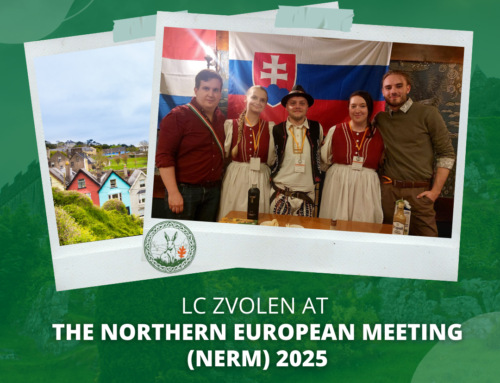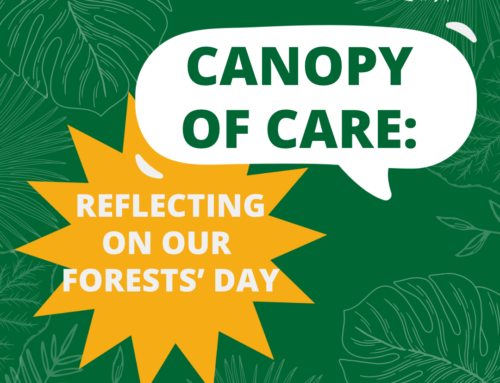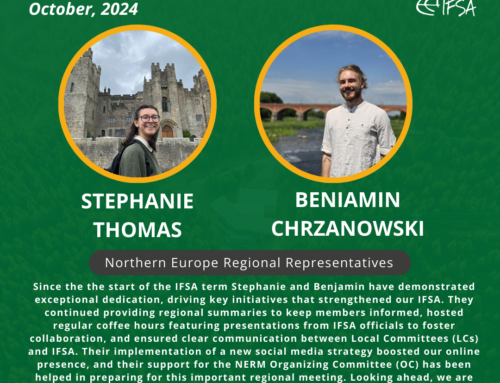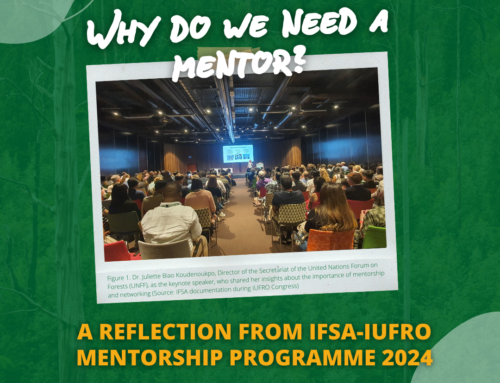Meet the Dare to Explore! trainees – Ajdin
Welcome Ajdin Starčević from Bosnia and Herzegovina. Ajdin is currently living in Finland and started his remote Traineeship with CIFOR-ICRAF in Bonn in February.
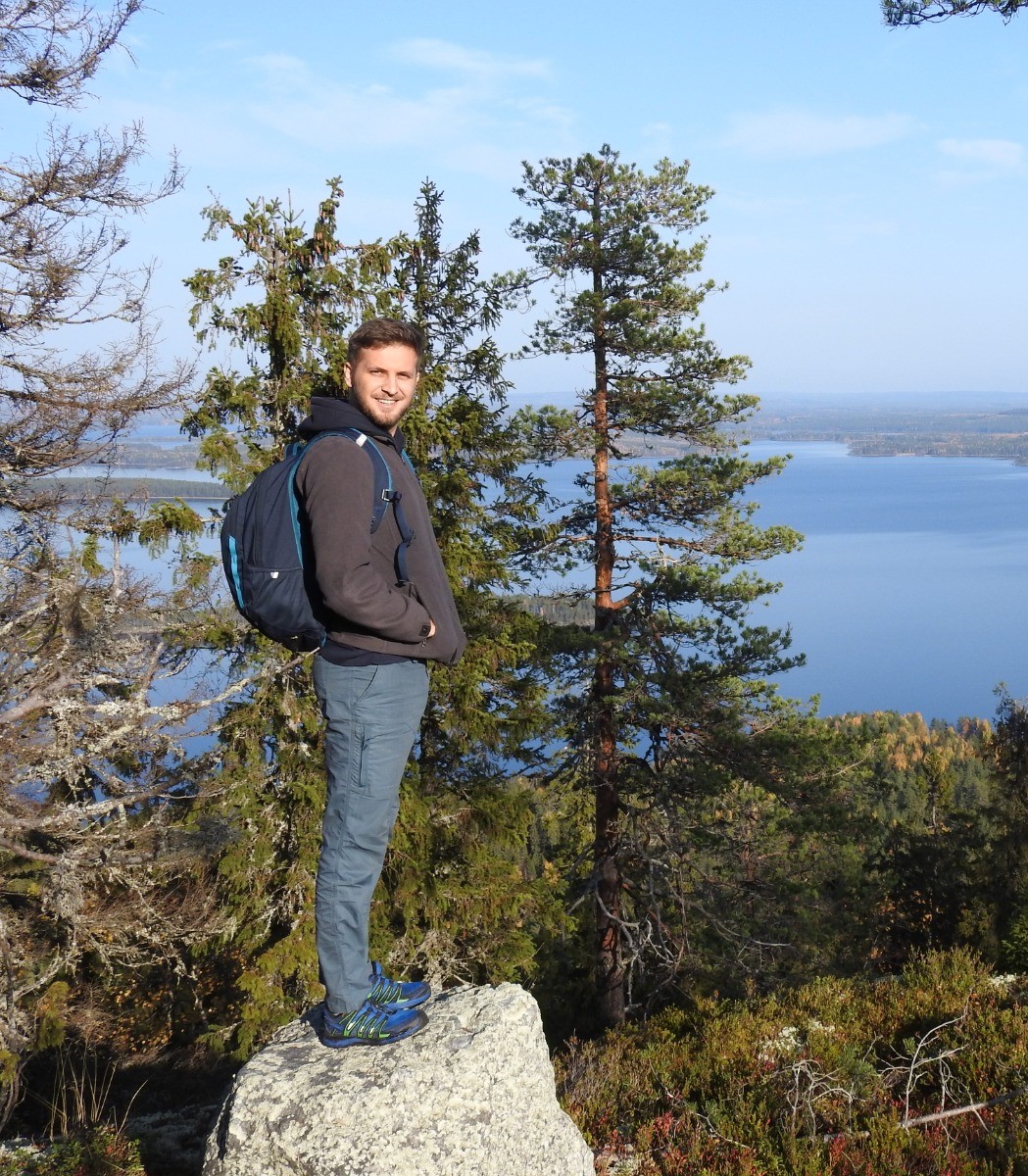
Who are you?
Hello, my name is Ajdin Starčević and I come from the hills of South Eastern Europe, more precisely the land of Bosnia and Herzegovina. I am currently enrolled in the European Forestry master’s program at the University of Eastern Finland. After my bachelor studies at the University of Sarajevo I moved to Vienna and enrolled in the Mountain Forestry master’s at BOKU, in the meantime I got accepted in the above-mentioned Erasmus Mundus program, so I decided to leave the mountains of Austria and move northwards to the flatlands and lakes of Finland. I am a person that likes to go outside my comfort zone, where I can challenge myself, some of my hobbies include running, mountain-biking or hiking, but I also like to slow it down and relax, especially by playing and listening to music.
Why did you apply for the DTE traineeship program and how did you hear about it?
I found out about the DTE traineeship through LinkedIn where I saw the open call on the IUFRO page. Since I am always eager to expand my knowledge, applying was a no-brainer. I choose this particular traineeship because climate change mitigation and biodiversity conservation are topics that are of keen interest to me and the fact that the project is focused on the region where I come from is just a bonus.
Give a little outlook on your specific placement: What is the topic? What are your expectations? What are you most excited about?
My traineeship is about wood biomass for energy production in Serbia through and integrative approach that aims to mitigate climate change, conserve biodiversity, and produce employment. I am expected to do a literature review which should cover international policies affecting woody biomass trade in the Western Balkans, benefits and challenges of bioenergy programs and other activities related to the topic. This subject excites me a lot because it is an innovative approach in the region, forestry on the Balkans is still “old-school”, so to say, where everything revolves around the log, it is obvious that we need to change that approach and move into a new direction where we can make the best use out of the resources we have.
What is your relationship with IFSA (if applicable)
I just joined IFSA this past semester.
What is your relationship to forests and what is your favorite tree?
Lately I have been thinking a lot about my relationships to forests and how I ended up here where I am today. A few years ago, my answer would be that it was just coincidence, but that is not true. I figured out that my relationship to forests is like a love story with the girl next door, where it was there all along, but I did not notice it.
I come from a city that was basically built around forestry, when at the end of the 19th century an Austrian firm opened the first sawmill. Through history it evolved and during the socialist times my city was the forestry capital of Yugoslavia. So, I like to believe that my relationship with forestry was meant to be.
When it comes to my favorite tree, I would choose the Bosnian pine (Pinus heldreichii), not only for a patriotic reason but because it symbolizes strength and endurance, since the species is long-living and adapted to extremely dry, rocky conditions.
What do you see currently as the biggest challenge for forests/forestry/the forest sector?
I would say that the biggest challenge that forestry is currently facing is the conservatism, the unwillingness to change and innovate the forestry practices that remained the same throughout the past decades. There is innovation technology wise but the philosophy behind it remains the same, which is to earn as much money as quickly as possible, which is not good for long-term sustainability. I also think that this is slowly changing as younger generations are being included in the decision-making processes and also as the older generations see that with the climate crisis we are currently facing, a business as usual approach is not applicable anymore.
